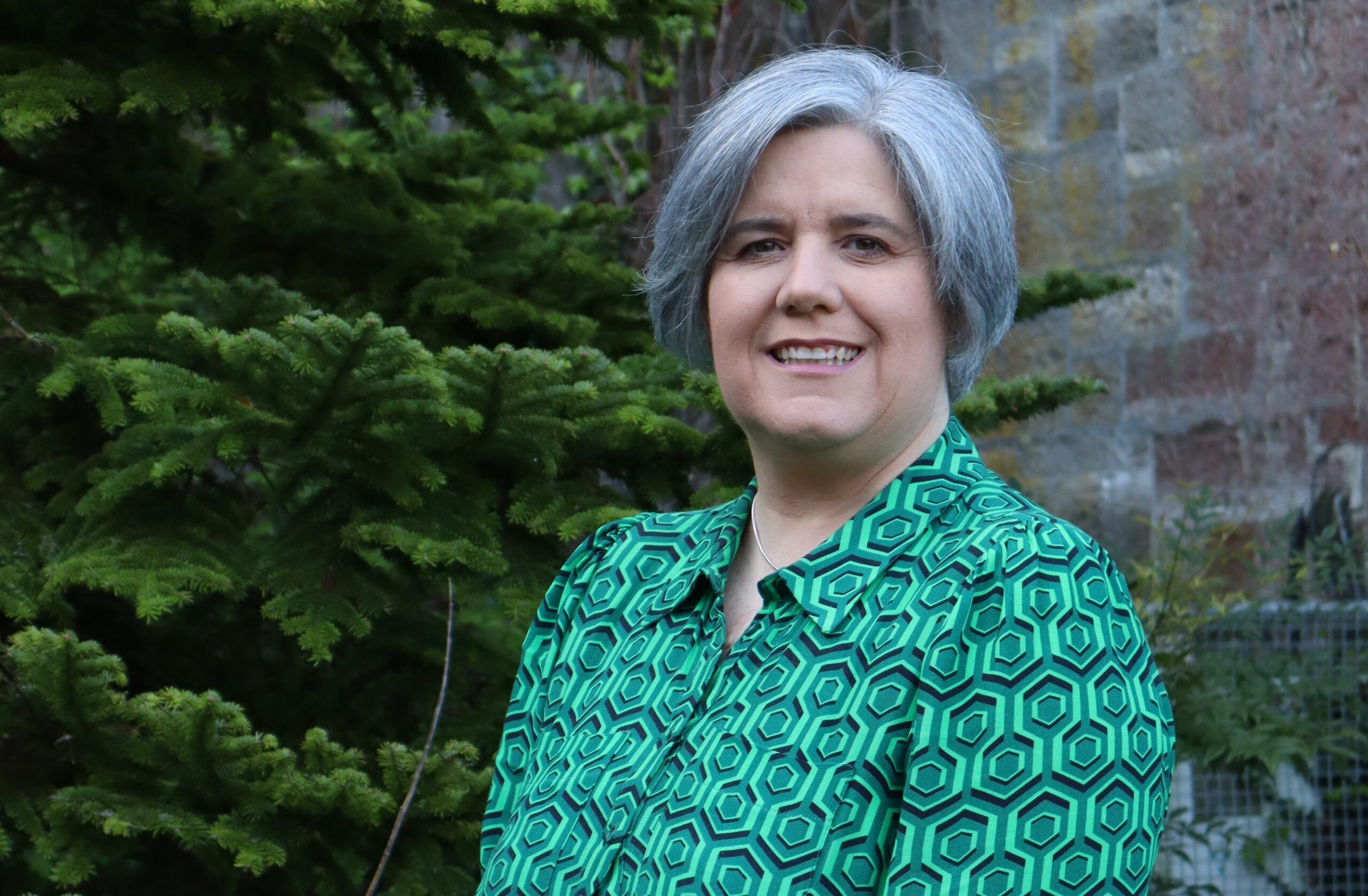As Ireland celebrates Nollaig na mBan (Women’s Christmas) on 6 January, Julieann Moran, General Secretary of the Irish Synodal Pathway (pictured above) is drawing important parallels between the resurgence of this Irish tradition and the growing recognition of women’s contributions in the Catholic Church. For centuries, Nollaig na mBan has been a day when women are given a break from the busy Christmas season to rest, socialise, and enjoy time with friends. This year, Ms Moran sees the revival of the tradition as symbolic of a broader shift in Ireland’s approach to recognising women’s roles – both in society and in the Church.
“For centuries, Nollaig na mBan is a reminder of the often-overlooked contributions women make to family and community life,” said Moran. “The tradition offers a model for how the Church can better value and elevate the voices and leadership of women.”
The tradition, which has its roots in folklore, marks the end of the Christmas season. Traditionally, women took a break while men took over the household chores. While the exact origins of the day are somewhat unclear, it is widely regarded as a time for women to relax and enjoy the foods and beverages of their choice. Over time, it has evolved into a public celebration of women’s work and contribution.
The tradition has gained fresh attention in recent years, particularly in urban areas such as Dublin, where the Nollaig na mBan Festival has become a major community event. Laura Williams, one of the festival’s organisers, explained that the celebration has grown from a small gathering into a large-scale tribute to women in the local community. “It’s a day to honour the unsung heroes – teachers, volunteers, caregivers, and leaders – who so often go unrecognised,” Williams said. The festival includes an awards ceremony where women nominated by their neighbors are publicly honoured for their contributions to local life.
For Moran, the revival of Nollaig na mBan offers a powerful reflection of what’s happening within the Catholic Church in Ireland, particularly within the framework of the global Synod on Synodality. The Synod has emphasised the need to listen to and include women in leadership roles, a theme that emerged strongly in the Irish Church’s synodal consultations.
“The Synodal Pathway has brought the issue of women’s leadership to the forefront,” Moran noted. “In Ireland, women have always been at the heart of the Church’s mission, from family faith formation to education and social services. Now, there’s a growing recognition that their contributions should be valued and included at all levels of decision-making.”
Moran pointed out that the prominence of women in Irish Catholic life is evident in the leadership roles they already hold, such as Nicola Brady’s work as General Secretary for Churches Together in Britain and Ireland, and Caoimhe de Barra’s leadership of Trocaire, the Church’s international relief agency. Yet, she believes more needs to be done to ensure that women’s voices are heard in the upper echelons of Church leadership.
In reflecting on the resurgence of Nollaig na mBan, Moran sees a pathway for the Church to embrace the inclusive spirit of the tradition. “Just as Nollaig na mBan allows women a space to rest and be recognized, the Church must create spaces for women’s voices to be elevated and valued,” she said.
The parallels between the Irish tradition and the Church’s ongoing synodal process are clear. Both highlight the need for broader recognition of women’s contributions and the importance of giving them opportunities to lead. Moran’s hope is that as the Synodal Pathway continues, it will lead to a Church where the contributions of women are not just acknowledged but celebrated in meaningful ways.
“Just as women’s voices are taking centre stage in local communities through festivals like Nollaig na mBan, so too must their voices be heard and valued in the Church,” Moran concluded.
The above report is an extract from America magazine, written by Kevin Hargaden. To read the full article please click HERE


